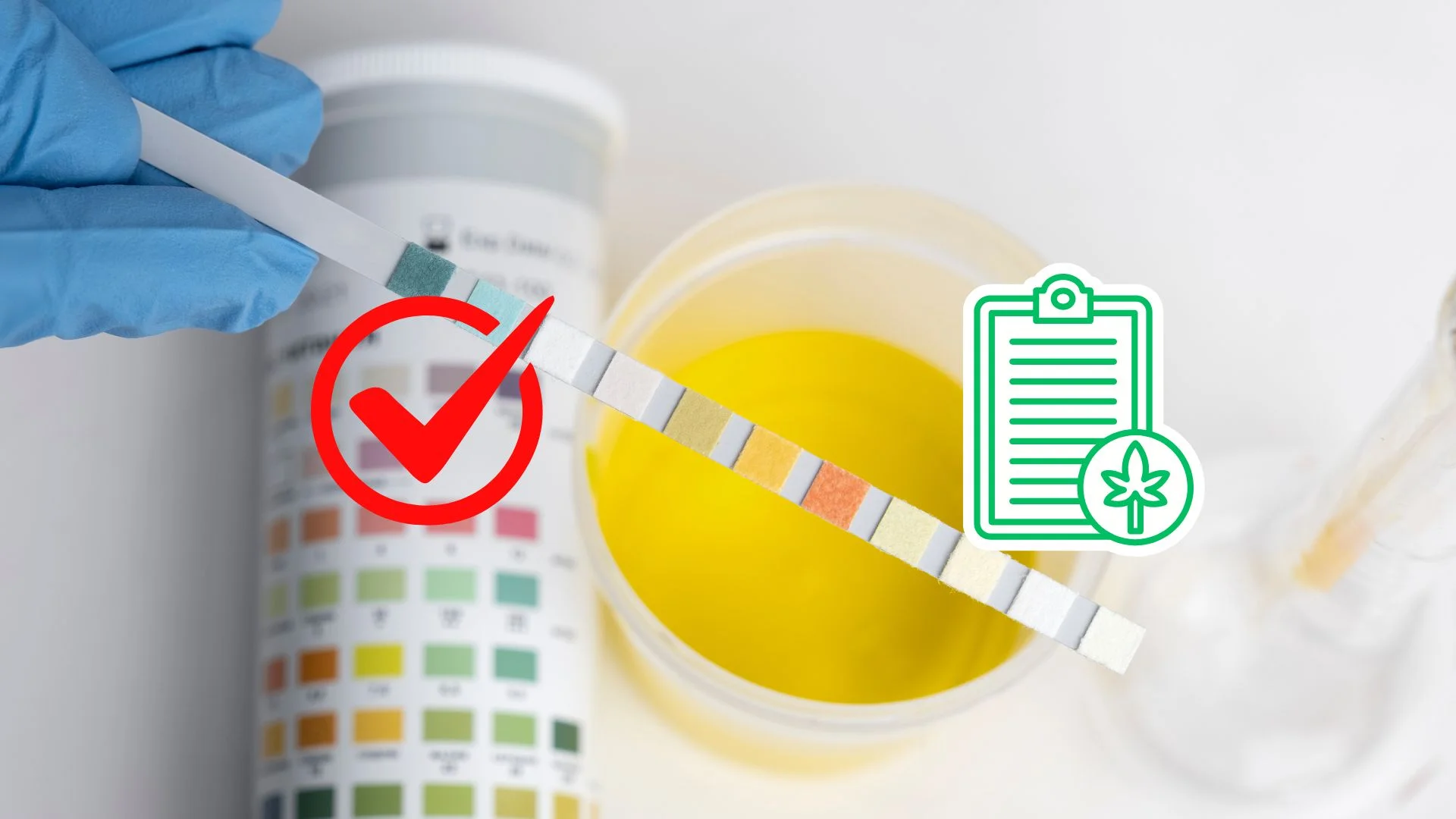
What is a false positive in a drug test?
A false positive occurs when a drugscreening test indicates the presence of an illicit or prohibited substance even though the individual has not used that substance or when the detected compound is not the illicit drug the test is intended to detect.
Which medications commonly cause false positive drug tests?
Many over-the-counter and prescription medications may trigger false positives. Examples include dextromethorphan (cough suppressant), diphenhydramine (antihistamine), pseudoephedrine (decongestant), some antidepressants and antibiotics.
Can foods or supplements lead to false positives?
Yes. Certain foods (e.g., poppy seeds) and supplements may contain trace compounds that interfere with drug screens. These substances may not be illicit drugs but can trigger the initial immunoassay.
How does laboratory testing technology contribute to false positives?
Initial immunoassay-based drug screens are rapid but less specific and can cross-react with non-target compounds. Confirmatory tests (GC-MS or LC-MS) are far more specific and reduce false positives.
Does secondhand exposure to drugs cause a false positive?
It is highly unlikely. For example, secondhand cannabis smoke under normal conditions rarely produces enough detectable metabolites to trigger a standard drug screen.
What roles do specimen handling or storage play in false positives?
Improper specimen storage, adulteration, degradation, or long storage times can lead to unexpected chemical changes and false results, including false positives.
What should an individual do if they believe their drug test result is a false positive?
Request a confirmatory test, provide a full list of medications, supplements and foods consumed, and consult the Medical Review Officer (MRO) or testing administrator to review potential cross-reactivity or lab error.
Are false positives common in workplace drug testing?
False positives are relatively rare but not negligible—studies suggest they may occur in a small but significant percentage of immunoassay screens; nonetheless confirmatory testing makes findings far more reliable.
How can employers minimise the risk and impact of false positives?
Employers should use certified labs, follow DOT/industry testing protocols, allow for confirmatory testing, ensure employees disclose medications/supplements, and use trained MROs for result interpretation.
Why is understanding false positives important for CDL/transportation employers?
Because false positives can lead to unfair employment or regulatory consequences for drivers, misinterpretation can risk compliance issues, and carriers must ensure their drug-testing programs are defensible and accurate.

Imagine the disbelief and shock that come with receiving a positive result on a drug test, despite knowing you haven't used any prohibited substances. False positive drug test results can be not only puzzling but also distressing, throwing a curveball into the lives of individuals who suddenly find themselves in this unexpected scenario. Discover the reasons behind false positive drug test results – from harmless foods to common meds.
Some prescribed medicines, can cause a positive drug test result. These include prescriptions for diabetes, medicines that treat depression, analgesics, and other pharmaceuticals that can have an impact on the central nervous system.
Some over-the-counter medications can also cause a false red flag on the drug screen. These include cold and allergy medications, like those containing pseudoephedrine or ephedrine, which might trigger positive for amphetamines in drug tests.
If substances similar in structure to the targeted drugs are introduced into the sample through mishandling, improper cleaning of testing equipment, or environmental factors, they can trigger a positive result even if the individual hasn't used the targeted drug. Strict protocols and sanitation measures are essential to prevent it.
Poppy seeds can lead to opioid-related positives. These tiny black seeds naturally contain morphine and codeine. Eating a poppy seed bagel, for instance, could lead to positive tests for these opioids for around a day after consumption.
Read more: How Poppy Seeds Can Impact Drug Test
Understanding the reasons behind false positive drug test results is essential to ensure accurate assessments. Factors such as the chemical composition of certain over-the-counter medications, herbal supplements, and dietary additives can mimic banned substances or controlled drugs, leading to misleading outcomes. Vigilance in disclosing supplement usage to medical professionals or testing agencies, along with seeking expert advice before taking any supplements, will help mitigate the risk of false positives and ensure fair and accurate results.
goMDnow as a c/TPA works with SAMHSA-certified labs that are specifically designed to minimize the risk of false positives thus providing reliable, accurate, and error-free drug testing services to clients. Order a test online or sign up for the Random Testing Consortium.